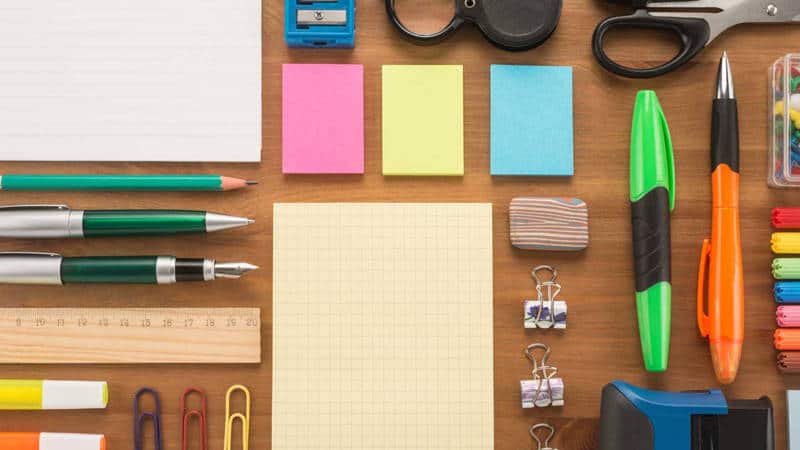Meaning, roles, examples, and importance of traffic rules and Regulations
What Is Traffic Regulations?
Traffic regulations are the rules and laws that guide road users on how to behave or act on the road so that crashes don’t happen and traffic flows smoothly. It is also the government’s legal rules, which are enforced by the Nigerian agency for road safety. “Federal Road Safety Commission of Nigeria (FRSCN)” is the name of the group.

In other words, traffic regulations are any rules and laws about the road that are put in place to help vehicles drivers avoid accidents and keep the road safe and easy to use. And these rules are made by the government and the government is in charge of making sure they are followed.
The Road Users includes the below:
- Vehicle drivers
- People who ride motorcycles
- Cyclists
- Animals
- Passengers
- Pedestrian etc.
Rules And Regulations Guilding Road Users
Below are some rules and laws for people who use the road. These rules of the road are:
- Obey the rules of the road and the signs.
- Checking and ensuring vehicle is in good condition before using it
- Avoid Over speeding.
- Using on the road without vehicle headlights or with lights that don’t work, reflective signs, or signals that aren’t used right.
- Blocking any part of the road with a car or in any other way that could stop traffic from moving freely.
- Running into other cars.
- Using a road that was closed and had a “no entry” sign.
- Driving a car or truck without a valid learner’s pass, driver’s license, or any other legal permit.
- Driving a car or a two- or three-wheeled vehicle on any road in a careless way that puts other people in danger.
- Driving a car with fake registration documents.
- Drunk driving.
- Using a road that is restricted due to construction.
- Overloading people or things in a car than what the law allows.
- Driving a car with a broken or damaged windshield.
- Not having an extra tire.
- Driving without a fire extinguisher.
- Driving using one hand.
- Driving and smoking or eating.
- Using a phone while driving
Roles Of Individuals In Maintaining Traffic Regulations
People have a lot to do with making sure road rules are followed. These jobs include:
1. Driving defensively: This just means driving to save lives, money, and time, no matter what’s going on around you or what the other driver does to make you angry. He or she sees dangers, knows how to defend, and acts in the right way and on time.
2. Learning about all the road laws and signs and follow them.
3. Do the needful in the event of a car accident, such as:
- Stop when something goes wrong.
- Make sure no one is hurt.
- Help the injured get first aid and transport to a hospital.
- Report the crash to Law enforcement agencies
- Go to the nearest FRSC office or call their line to tell them about the crash.
- Tell the agent the facts when requested.
4. No one should claim the right of way, because doing so could cost lives.
5. Each driver should take a 15-minute break every four hours, and they shouldn’t drive for more than 10 hours in 24 hours of a day
6. Doctors, nurses, and other health workers should help people who have been hurt in accidents right away.
Roles Of Government In Maintaining Traffic Regulations
Just like people, the government has important parts to play in keeping traffic rules in place. Among the roles are:
- Creating an organization like the FRSC that would enforce traffic laws.
- Making laws, rules, and policies about driving and making sure they are followed.
- By making sure drivers are safe on the road.
- Putting up traffic lights and signs at the right places to help with traffic.
- Paying the safety agents and officials on time so they are driven to do their jobs and keep our roads safe.
- Providing standard vehicles for road safty workers or agents and tow vans needed to move broken-down cars.
- Giving ambulances to road safety officers and hospitals to make it easier to check on people who have been hurt in car accidents.



